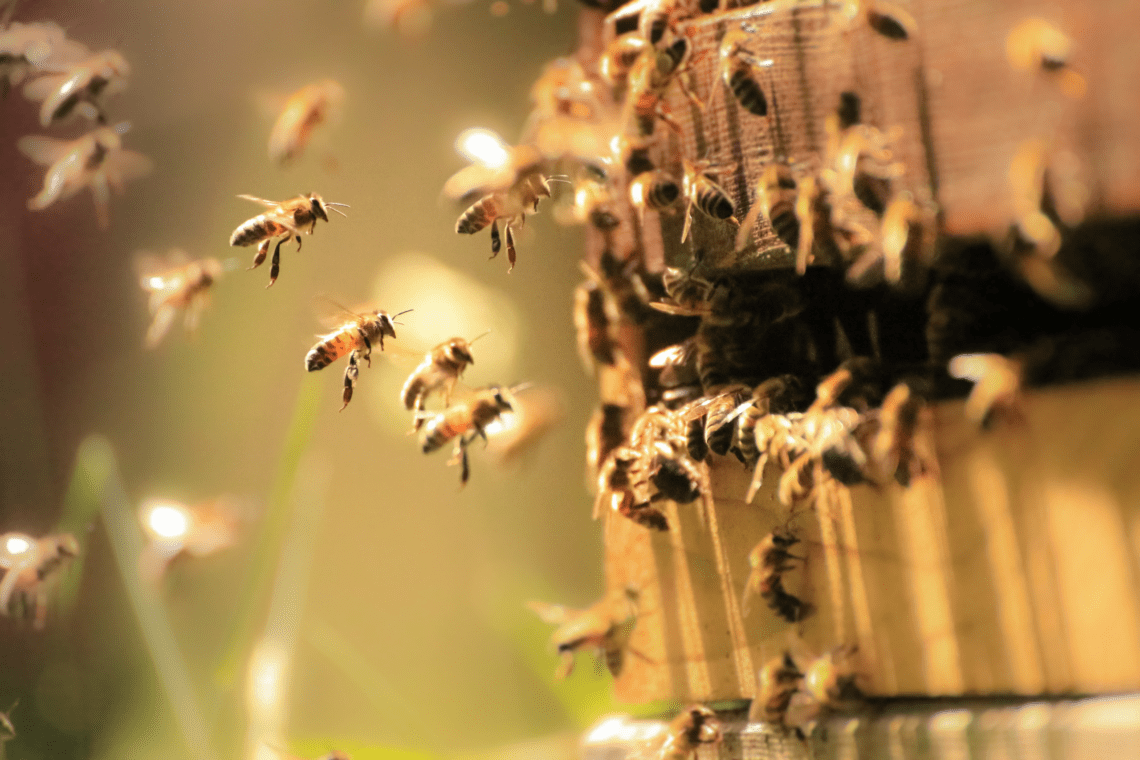
Beekeeping on private land in Texas: Pros and Cons
Many Texans are discovering the joy of beekeeping on their rural land. Not only does it provide an interesting pastime, but also helps address the decline of the honey bee population—a critical member of our ecosystem, and an asset to the health of your land or ranch. On top of this, beekeeping can qualify Texas landowners for an ag exemption. Interested in purchasing a few hives? Here are a few pros and cons of beekeeping in Texas to help you decide if it’s right for you.
Beekeeping Tax Qualification
Article VIII, Section 1-d-1, Texas Constitution, and Chapter 23, Subchapter D, Texas Property Tax Code, provides Texas farmers and ranchers a property tax relief known as an agricultural or ag exemption. You’ll have to check with your county to confirm the exact regulations for beekeeping, but in general tax qualifications for beekeeping are as follows:
- You need at least five acres and no more than 20 acres to qualify beekeeping as an agricultural use
- You must keep six or more colonies of bees or nuclei of bees starting with six hives for 5 acres, 5 hives for an additional 10 acres and one hive for each additional two acres
- Proof of history for agricultural use or beekeeping must be shown for any of the five preceding seven years
Keep in mind you require an appraisal to be ag exempt, and will also be subject to monitoring and reassessment.
Pros of Texas Beekeeping
First, let’s consider the pros of beekeeping:
- Help support the bee population: Honeybees are disappearing at a rapid rate which puts crops that feed us and the land we farm at terrible risk. Bees also pollinate local gardens, trees, flowers, and crops within at least a two-mile radius of their hive. By keeping bees on your ranch in Texas, you can help add to the bee population, making it a very eco-friendly undertaking for landowners and ranchers.
- Ag Exemption: Beekeepers with just five to 20 acres of land can be eligible for an ag exemption. The regulations and requirements vary from county to county. For example, in Williamson County, beekeeping is considered an agricultural use and does qualify for an ag exemption if the bees are intended to assist with pollination or the honey is produced for human use.
- Honey: You can actually produce honey for your own use or to sell.
- Lease Hives: If you don’t want to do the work yourself, you can lease the hives and still get the ag exemption. Beekeeping services can also do the work for you.
All of these pros are excellent reasons to consider becoming a beekeeper or leasing hives on your land.
Cons of Texas Beekeeping
There are also a few cons to beekeeping on your land in Texas including:
- Safety: Bees can sting not just you, but pets, family, and even others in the area of the hives. As a result, precautions must be taken including putting up signs to warn off visitors and trespassers. Even mowing your lawn can disturb the bees and lead to issues. If you have a landscaping service, they are at risk of stings or even swarming when working near the hives.
- The risk of stings: While this also ties in with safety, it is more specific. If you have kids or pets, you are at even more risk for safety issues. Consider how likely it is you can keep kids and pets away from the hives, as this adds more work to the whole beekeeping experience.
- Expense: Up-front costs to get everything set up can be expensive, as can maintenance if you don’t want to manage the hives yourself.
- Upkeep: Although they don’t require as much care as a pet dog or cat, some maintenance is required to properly care for your hives, especially in the colder months.
Keep in mind someone may decide to hold you liable if they, their pets, or kids are stung by your bees.
While beekeeping has both pros and cons, many Texas ranchers have found it to be a great hobby, as you can see impressive savings in tax while also supporting your ranch’s ecosystem. Interested in buying land in Texas that can support beekeeping? Contact Ruple Properties to get started.
